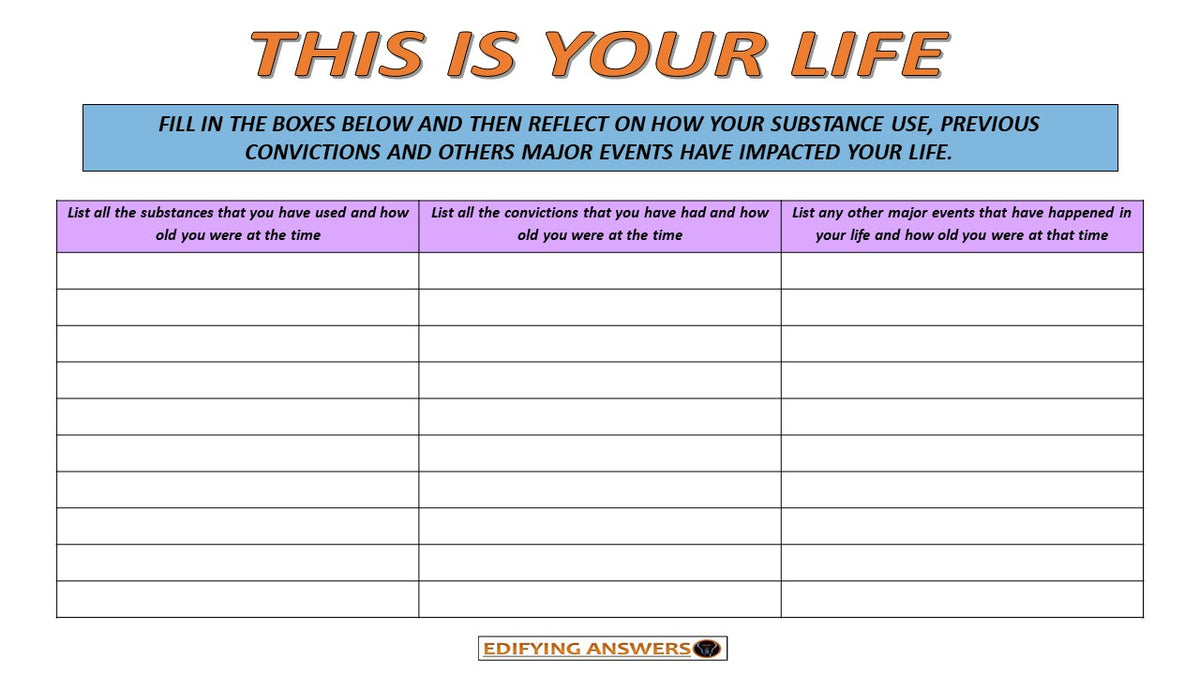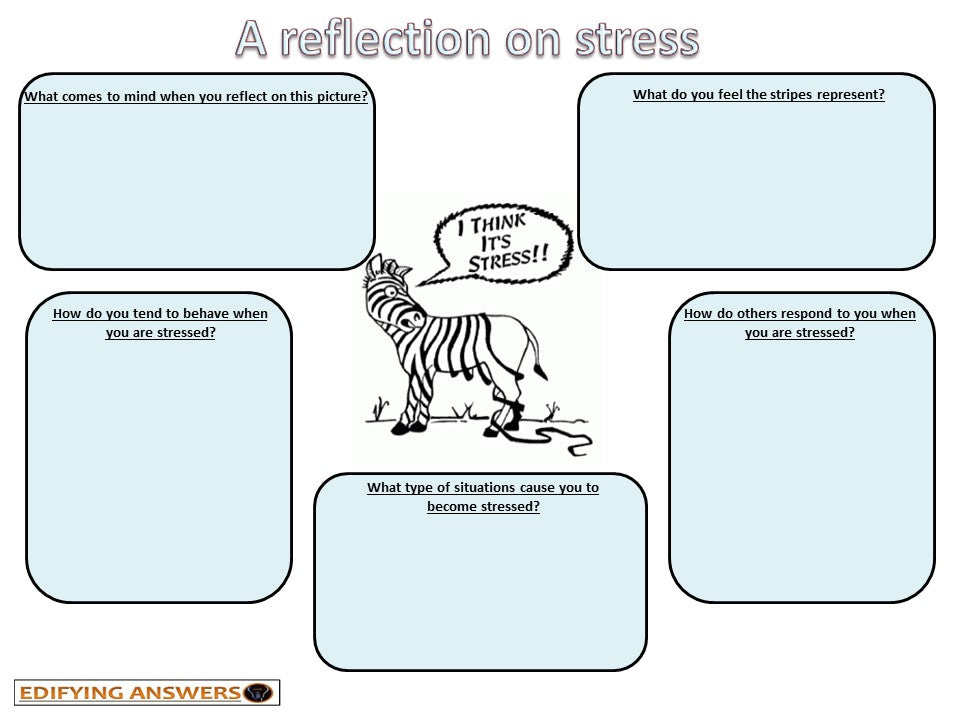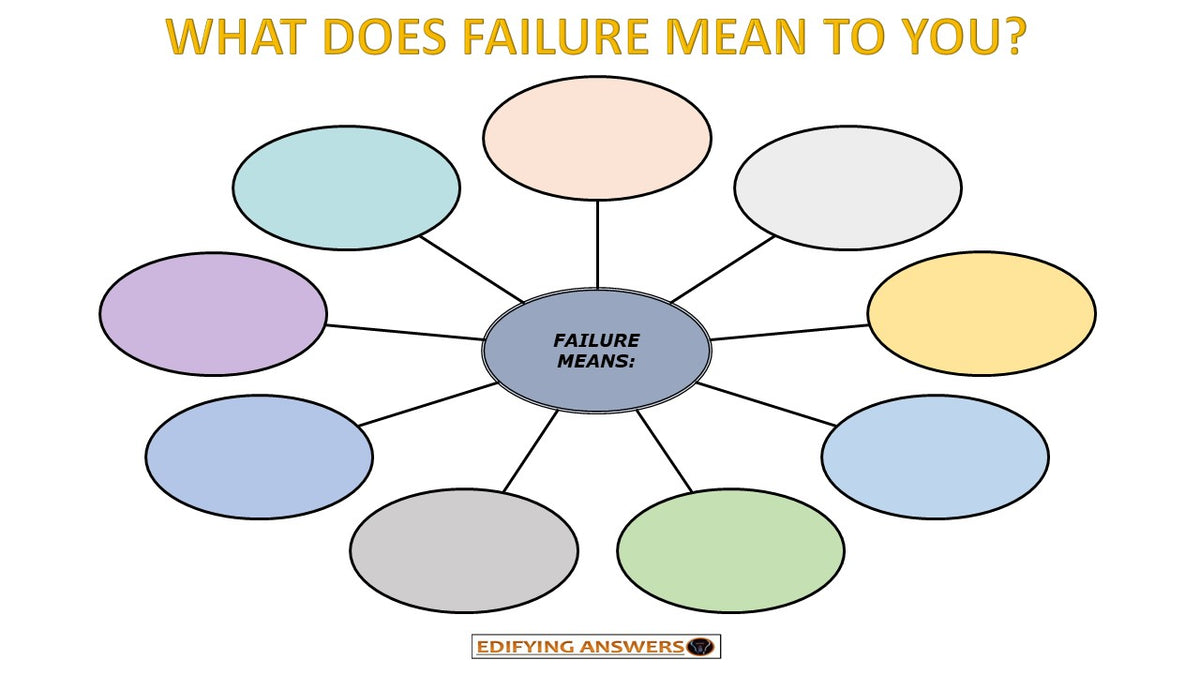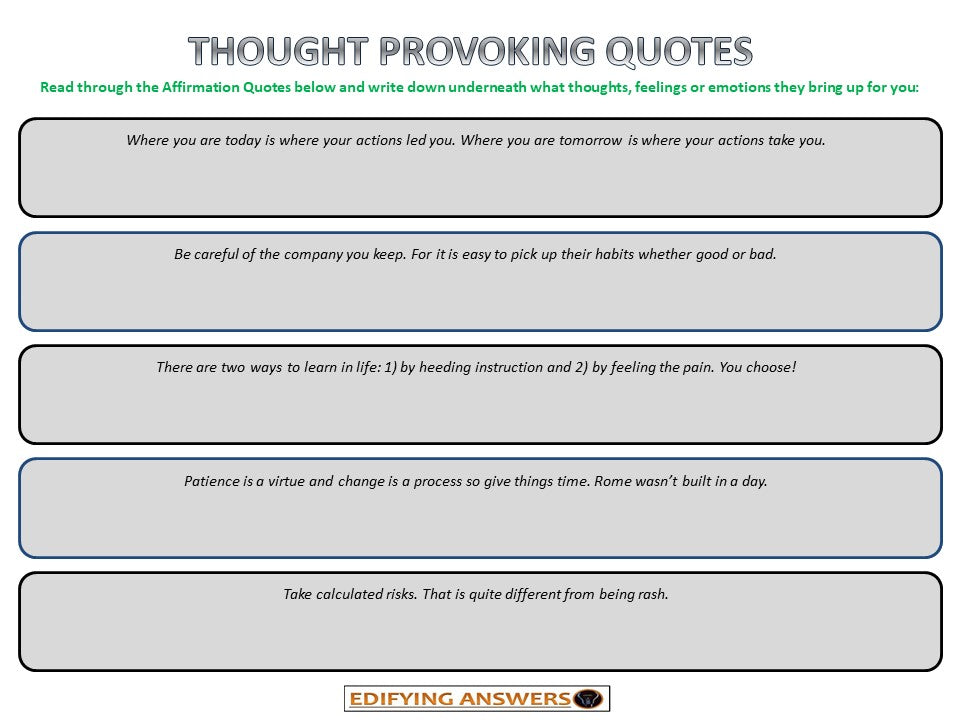
Blog Title: Breaking the Mask: Building Mental Fortitude to Defeat Imposter Syndrome
Introduction: The Silent Saboteur Within
Imposter syndrome is not always loud. Sometimes, it whispers in your moments of success:
“You’re not good enough.”
“You don’t deserve this.”
“You’re a fraud—and one day, they’ll find out.”
This internal saboteur—Mental Criminal #6—thrives on our doubts, sapping our confidence, boldness, energy, passion, and ultimately our purpose. Left unchallenged, it becomes a silent controller of our lives, limiting potential and stifling progress.
But here is the truth: You were never an imposter—you were just taught to doubt yourself. With the right mindset, tools, and inner resilience, you can reclaim your power and purpose. It starts with building mental fortitude.
How Imposter Syndrome Robs Us
· Assurance: It shakes your confidence in your skills, making you second-guess your competence even in areas where you have excelled.
· Boldness: Fear of being ‘exposed’ makes you play small, avoid risk, and shy away from leadership roles or bold moves.
· Energy: The mental exhaustion of trying to “prove” your worth or “hide” your perceived inadequacy drains your drive.
· Passion: Constant self-doubt stifles your love for the work. It becomes survival instead of inspired contribution.
· Purpose: When you feel like you do not belong, you disconnect from your deeper “why”—the very essence that fuels meaning.
Expert Insight: What the Research Says
🔹 Dr. Valerie Young, author of The Secret Thoughts of Successful Women, categorises imposter syndrome into five types (perfectionist, soloist, natural genius, expert, and superhuman), all of which stem from unrealistic internal standards rather than actual lack of ability.
🔹 Psychologist Dr. Pauline Clance, who first identified the syndrome, emphasised that those with imposter syndrome are often high achievers. The issue is not competence—it’s perception.
🔹 Dr. Carol Dweck's work on growth mindset reveals that shifting from a “proving” mindset to a “learning” mindset can reduce feelings of being a fraud.
Strategies to Build Mental Fortitude and Overcome Imposter Syndrome
1. Name the Criminal
Awareness is the first step. Recognize and name the limiting belief:
“This is Mental Criminal #6—Imposter Syndrome—talking. Not truth.”
Track your self-talk. Ask: Would I say this to someone I respect?
2. Reframe the Narrative
Shift from performance to progress. Instead of “I’m not good enough,” reframe to:
“I am growing. Every expert was once a beginner.”
Use affirmations grounded in truth, not wishful thinking:
· “I belong in this room.”
· “I am capable of learning and leading.”
· “Mistakes mean I’m stretching, not failing.”
3. Gather the Evidence
Create a confidence portfolio:
· List achievements, feedback, awards, moments of resilience.
· Keep a “Wins Journal” to document progress weekly.
This combats emotional reasoning with evidence-based confidence.
4. Build a Support Circle
Connect with mentors, peers, or communities who understand imposter syndrome. Normalise the experience.
Ask for honest feedback. Let others reflect the truth you are blind to.
“Sometimes we need others to hold up a mirror we can’t hold ourselves.” – Ezra Voice of Reason
5. Embrace Imperfection
Done is better than perfect. Authenticity beats performance. Share your challenges—it fosters connection, not judgment.
Rehearse progress in public. Speak even when your voice shakes. Lead even when you are uncertain. Each act rewires your belief.
Tools to Support Your Journey
· Mental Fortitude Framework:
o Clarity: Know your values, strengths, and purpose.
o Courage: Do what scares you in small doses daily.
o Consistency: Build routines that strengthen self-trust.
· Reflection Prompts:
o What would I do if I believed I was enough?
o Where am I holding back because of fear of being exposed?
o What evidence proves I’m capable?
· Discipline Principle Tool (Ezra Voice of Reason Model):
Clarity + Purpose – Distractions ÷ Emotional Resistance = Discipline.
Use this formula to audit your internal resistance and return to your empowered centre.
Final Thoughts: From Fraud to Freedom
Imposter syndrome is not a flaw. It is a signal. A call to rise—not by silencing it, but by building a mind strong enough to stand tall in spite of it.
You are not an imposter. You are becoming.





0 comments